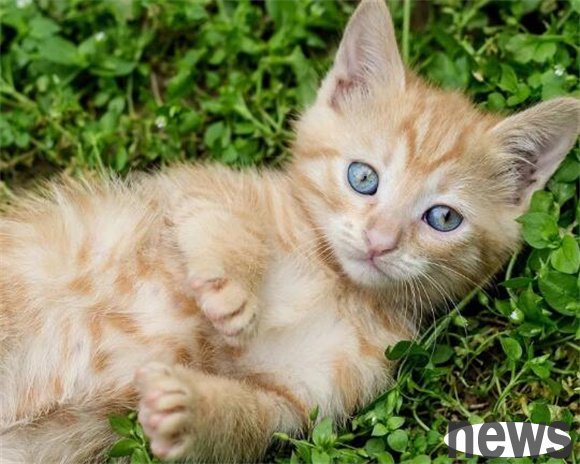Dear poop shovelers, do you often worry about whether your kittens are healthy? Cats often don’t express directly when they are sick, but their body language will tell us many clues. Today, let’s learn about 10 signs of cats getting sick, so that you can easily grasp the health of your cats and no longer worry about their health!
Symptom 1: Loss of appetite
Cats are famously picky eaters, but if they suddenly lose interest in their usual favorite foods or eat significantly less, it may be a sign of illness. Loss of appetite may be a signal of digestive system problems, oral diseases or other potential diseases, and it needs to be paid attention to in a timely manner.

Sign 2: Over-licking or combing hair is normal for cats to licking and combing hair, but if they find that they lick a certain part of the body too much, even causing skin damage or hair loss, it may be a sign of skin disease, allergies or other problems. At this time, the cat shovelers need to carefully check the cat's skin condition and seek medical treatment in time.
Symptoms III: Difficulty in breathing or breathing
Cats breathe smoothly under normal circumstances. If they find that they have difficulty breathing, wheezing or shortness of breath, it may be a sign of respiratory problems, heart disease or other serious illnesses. At this time, the cat should be taken to the doctor immediately to avoid delaying treatment.
Sign 4: Abnormal excretion behavior
The excretion behavior of cats is also an important basis for judging their health. If you find that cats frequently enter and exit the litter box, have abnormal excretion (such as constipation, diarrhea, hematuria, etc.), or have abnormal excretion posture (such as arching back, howling, etc.), it may be a problem in the urinary system, digestive system or other aspects. The shovelers need to observe carefully and take corresponding measures.
Symptoms 5: mentally depressed cats are usually active and active. If they suddenly become mentally depressed, unmoving, or have significantly increased sleep time, it may be a sign of illness. Mental depression may be caused by a variety of causes, such as infection, pain or chronic diseases, and the shovelers need to carefully observe and seek medical treatment in time.
Symptoms 6: Abnormal body temperature
Cats usually have normal body temperatures between 38-39 degrees Celsius. If they find their temperature is too high or too low, it may be a sign of fever or hypothermia. Abnormal body temperature may be a signal of infection, inflammation or other underlying diseases, and it requires medical treatment in time for diagnosis and treatment.
Symptoms 7: Eye abnormality
The eyes of a cat are the window of the mind and also a reflection of its health. If you find that your cat has red eyes, tears, secretions or abnormal pupil size, it may be a sign of eye infection, keratitis, or other eye diseases. At this time, it is necessary to clean the cat's eyes in time and seek medical treatment.
Symptom 8: Ear abnormal
The ears of cats are also one of the areas that are prone to infection. If you find that cats frequently shake their heads, scratch their ears, or have odors and increased secretions in their ears, it may be a manifestation of ear mites, otitis media, or other ear diseases. Tit owners need to regularly clean their cats’ ears and keep an eye on their ear health.

Sign Nine: Oral problems
The oral health of cats cannot be ignored. If the cat is found to have severe bad breath, drooling, red and swollen gums or loose teeth, it may be a sign of oral infection, gingivitis, or other oral problems. Regularly brushing cats’ teeth and checking their oral health are important measures to prevent oral problems.
Sign 10: Abnormal cries or behaviors
The cries and behaviors of cats are also important basis for judging their health. If you find abnormal cats (such as howling, roaring, etc.) and abnormal behavior (such as excessive licking of the body, frequent head shake, etc.), it may be a sign of pain, discomfort or other problems. At this time, you need to carefully observe the cat's behavior and take corresponding measures.
As a novice poop shoveler, you may feel at a loss when your cat is sick. But as long as we master these common signs of illness, we can detect and solve problems in a timely manner. Of course, if you have any questions or concerns about the cat's health, it is best to consult a professional veterinarian's advice and treatment plan in time.
It is very important to conduct regular physical examinations for cats. Through physical examinations, we can have a more comprehensive understanding of the cat's physical condition and promptly detect and prevent potential health problems. At the same time, we should also pay attention to providing cats with a clean and comfortable living environment, and reasonably match diet and nutritional supplements to allow them to grow up healthily and happily.
The health of cats requires our careful care and attention. As long as we observe carefully, discover and solve problems in a timely manner, we can let the cats live a healthy and happy life!